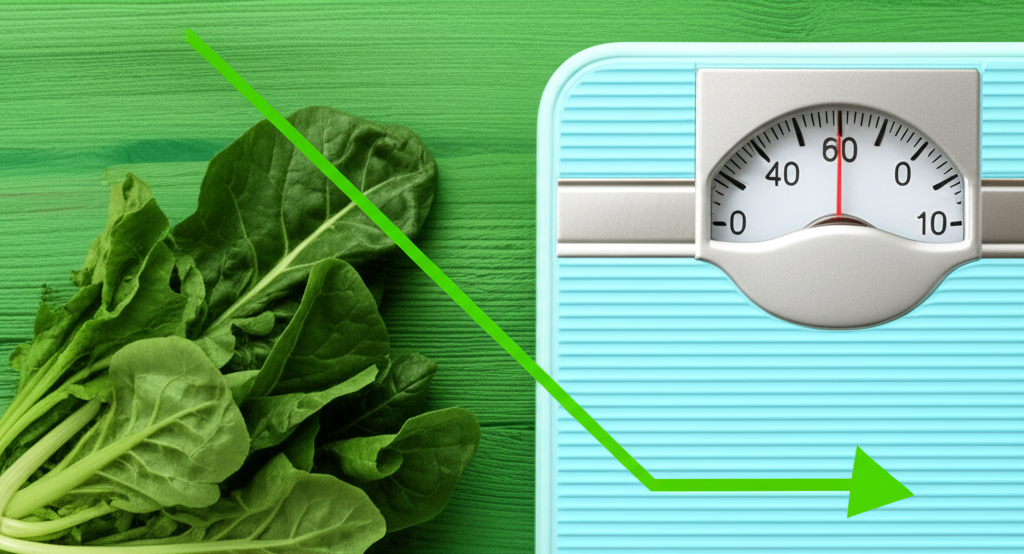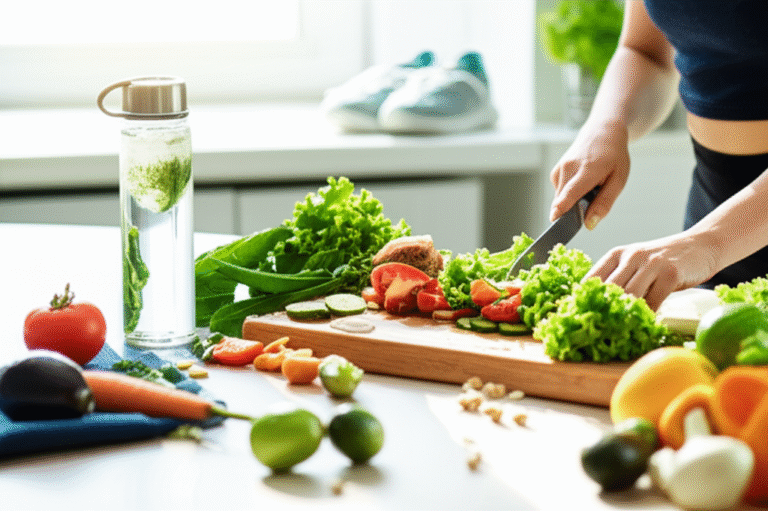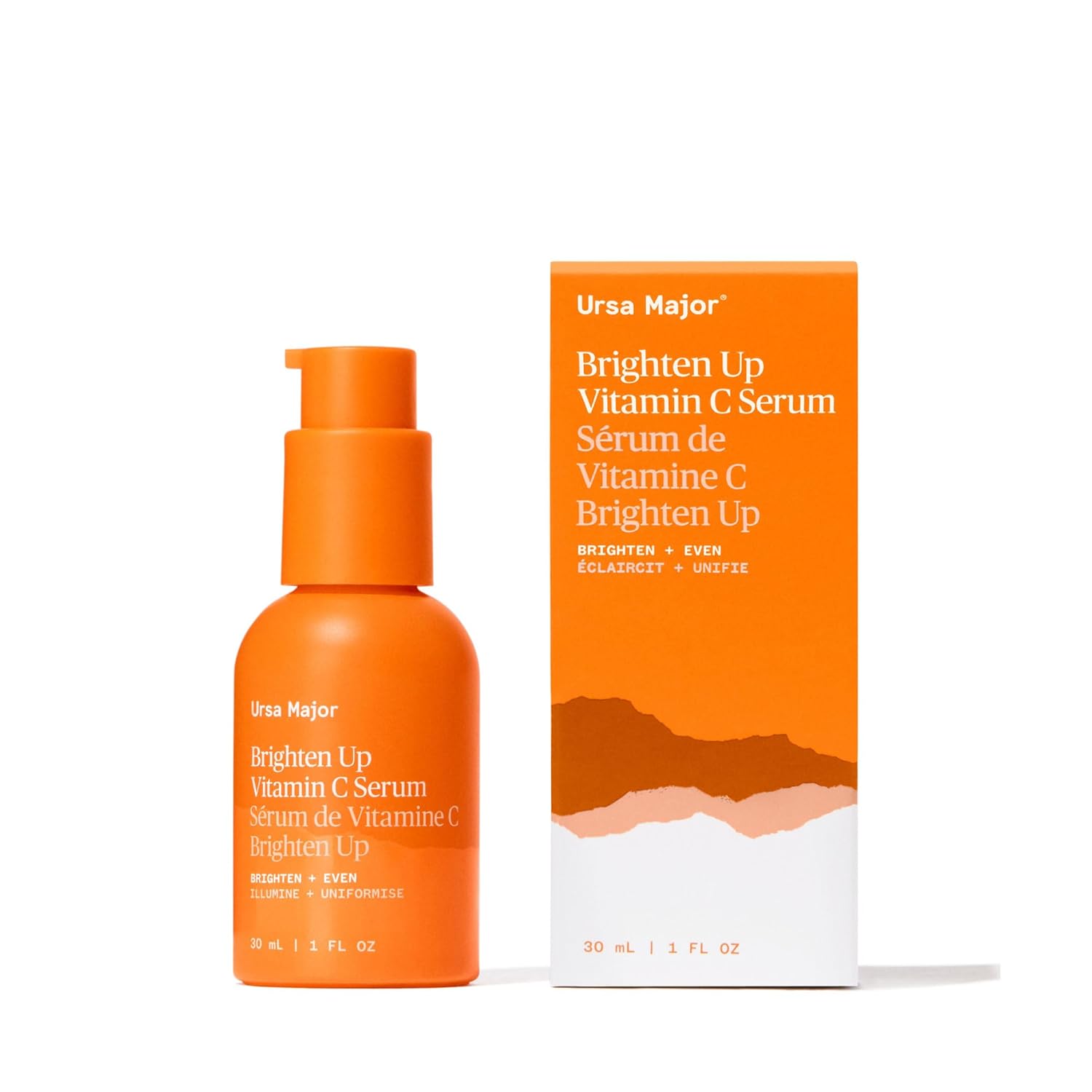Weight Loss With Diuretics: Effortless Results

Weight loss with diuretics is generally not a safe or sustainable method for effortless fat loss. Diuretics primarily cause water weight loss, which is temporary and can lead to dehydration and electrolyte imbalances. True, sustainable weight loss requires lifestyle changes like diet and exercise.
Do you ever stare at the scale, feeling a pang of frustration when the number doesn’t budge, despite your best efforts? You’ve probably tried cutting calories, enduring grueling workouts, and maybe even skipping meals altogether. But what if there was a perceived “easy button,” a quick fix that promised to shed pounds overnight? You might have heard whispers about something called “diuretics” and their supposed role in effortless weight loss. It sounds tempting, doesn’t it? A way to melt away those extra pounds without breaking a sweat or feeling deprived. But before you jump to conclusions or reach for anything that promises quick results, stick with me. We’re going to explore what diuretics really do and why they aren’t the magic bullet for sustainable fat loss.
Understanding Diuretics: More Than Just Water Weight
Let’s dive into what diuretics actually are and how they work. When people talk about “weight loss with diuretics,” they’re usually referring to medications or natural supplements that increase urination. The idea is simple: if you pee more, you lose more weight, right? Well, sort of.
Diuretics, also known as water pills, are medications primarily prescribed to treat conditions like high blood pressure and fluid retention (edema). They work by helping your kidneys remove excess sodium and water from your body. This reduced fluid volume can indeed lead to a lower number on the scale. However, this is almost entirely water weight. Think of it like squeezing a sponge – you reduce its immediate weight, but the sponge itself hasn’t changed in substance.
For official information on how diuretics work and their medical uses, the National Institute of Diabetes and Digestive and Kidney Diseases (NIDDK), part of the NIH, provides comprehensive resources. You can explore their information on kidney function and diuretic therapy https://www.niddk.nih.gov/health-information/kidney-disease/kidney-facts.
Why Diuretics Aren’t the “Effortless” Solution You’re Looking For
The “effortless results” headline is a bit of a trap when it comes to diuretics. Here’s why:
Temporary Results: The weight you lose is primarily water. As soon as you rehydrate, that weight will come back. This yo-yo effect can be frustrating and doesn’t address underlying fat.
Health Risks: Using diuretics without medical supervision can be dangerous. They can lead to:
Dehydration: Losing too much fluid can cause dizziness, fatigue, and in severe cases, kidney problems.
Electrolyte Imbalances: Diuretics can deplete essential minerals like potassium and sodium. Imbalances can affect heart rhythm, muscle function, and more.
Fainting and Dizziness: Low fluid volume can cause a drop in blood pressure.
Kidney Damage: Overreliance on diuretics for weight loss can stress your kidneys.
No Fat Loss: Diuretics do not burn fat. They simply remove water. To lose fat, you need to create a calorie deficit through diet and increase your metabolism through exercise.
Nutrient Depletion: Some diuretics can interfere with the absorption of certain nutrients.
Consider the story of Alex, who was desperate to lose weight before a big event. He’d heard about natural diuretics and tried drinking excessive amounts of herbal teas known for their diuretic properties, combined with cutting salt. He did lose a few pounds quickly. However, he also felt incredibly weak, lightheaded, and constantly thirsty. The weight returned almost immediately after he started drinking normally again, leaving him more discouraged than before, and with a lingering worry about his health.
Natural Diuretics: A Gentler Approach, But Still Not a Fat Loss Miracle
You might be thinking, “What about natural diuretics?” Many foods and herbs have mild diuretic properties.
Here are some common examples:
- Cucumber: High water content and contains compounds that may increase urine output.
- Celery: Also rich in water and has compounds that can act as mild diuretics.
- Asparagus: Known to help flush out excess fluid.
- Dandelion Greens: Traditionally used for their diuretic effect.
- Lemon: Often used in detox waters, it can aid digestion and has a mild diuretic effect.
- Watermelon: Composed of over 90% water and contains electrolytes.
- Cranberry Juice: Known for its potential to help prevent UTIs, it also has mild diuretic properties.
While incorporating these nutrient-rich foods into your diet is generally beneficial for overall health, relying on them solely for weight loss will yield similar results to pharmaceutical diuretics – temporary water loss, not significant fat reduction.
This table highlights the difference:
| Method | Primary Effect | Sustainability | Health Impact | Focus |
|---|---|---|---|---|
| Diuretics (Medical) | Rapid water weight loss | Very Low (weight returns) | Potentially Dangerous without supervision (dehydration, electrolyte imbalance) | Fluid removal |
| Natural Diuretics (Foods) | Mild water weight loss | Low (temporary) | Generally Safe, but can cause dehydration if overdone | Hydration and nutrient intake |
| Balanced Diet | Gradual fat loss | High (sustainable lifestyle) | Positive (improved health, energy) | Calorie deficit and nutrient density |
| Regular Exercise | Fat burning and muscle building | High (supports metabolism) | Highly Beneficial (cardiovascular health, strength) | Calorie expenditure and metabolism boost |
The Real Path to Effortless, Sustainable Weight Loss
If you’re looking for truly “effortless” results, the kind that stick around and make you feel genuinely better, it’s about making sustainable lifestyle changes. This isn’t about deprivation; it’s about smart choices that fit into your life and build confidence.
1. Nourish Your Body: The Power of What You Eat
Forget crash diets. Focus on whole, unprocessed foods. This approach is more about what you add to your diet than what you take away.
- Prioritize Protein: Protein keeps you feeling full longer, helps preserve muscle mass (which burns calories), and requires more energy to digest. Think lean chicken, fish, beans, lentils, tofu, and eggs.
- Embrace Fiber: Fiber from fruits, vegetables, and whole grains also promotes satiety and aids digestion. It helps stabilize blood sugar, preventing energy crashes that lead to cravings.
- Healthy Fats are Your Friends: Avocados, nuts, seeds, and olive oil are crucial for hormone production and can help you feel satisfied.
- Hydrate Smartly: Drinking enough water is key. It aids metabolism, helps you feel full, and is essential for overall health. Sometimes, thirst is mistaken for hunger.
- Mindful Portions: Pay attention to how much you’re eating. Using smaller plates can trick your brain into thinking you’re eating more.
Sarah, a busy mom of two, found that simply swapping her daily sugary latte for plain water and adding a side of veggies to her lunch made a noticeable difference. She didn’t feel deprived, but over time, she felt lighter and had more energy. She also started taking 15-minute walks every evening after the kids were settled. These small, consistent changes led to a gradual and sustainable 15-pound weight loss over three months.
2. Move Your Body: Making Fitness a Joy, Not a Chore
Exercise is crucial not just for burning calories, but for building a strong, healthy body and boosting your mood. The key is finding activities you enjoy so you’ll stick with them.
- Start with What You Love: Do you enjoy dancing? Walking in nature? Swimming? Find something that doesn’t feel like a punishment.
- Consistency Over Intensity: Aim for regular movement, even if it’s shorter durations. A 30-minute brisk walk most days is far more effective than one grueling hour at the gym once a week.
- Incorporate Strength Training: Building muscle increases your resting metabolism, meaning you burn more calories even when you’re not exercising. Bodyweight exercises like squats, lunges, and push-ups are a great starting point.
- Listen to Your Body: Rest and recovery are just as important as the activity itself.
Imagine the feeling of accomplishment after a walk where you discover a beautiful new park, or the energy boost after a fun dance class. That’s the kind of positive reinforcement that makes fitness sustainable.
Here’s a sample weekly activity plan for beginners:
| Day | Morning (Optional) | Afternoon/Evening | Focus |
|---|---|---|---|
| Monday | 10 min stretching | 30 min brisk walk | Cardio, Flexibility |
| Tuesday | 20 min bodyweight strength (squats, push-ups, planks) | Strength Building | |
| Wednesday | 10 min mindful breathing | 30 min walk or light jog | Cardio, Stress Relief |
| Thursday | 25 min bodyweight strength | Strength Building | |
| Friday | 10 min stretching | 30 min activity you enjoy (dancing, swimming, cycling) | Cardio, Fun! |
| Saturday | 45 min enjoyable walk or hike | Cardio, Active Recovery | |
| Sunday | Rest or light stretching | Recovery |
For more detailed guidance on incorporating fitness, the Centers for Disease Control and Prevention (CDC) offers excellent resources on physical activity guidelines for adults: https://www.cdc.gov/physicalactivity/basics/adults/index.htm.
3. Mindset Matters: The Foundation of Lasting Success
Your mental approach is as vital as diet and exercise.
- Set Realistic Goals: Aim for gradual progress. Losing 1-2 pounds per week is a healthy and sustainable rate.
- Practice Self-Compassion: There will be off days. Don’t let one slip-up derail your entire journey. Forgive yourself and get back on track.
- Celebrate Small Wins: Acknowledge your progress, no matter how small. Did you choose fruit over a cookie? That’s a win! Did you go for a walk even when you didn’t feel like it? Another win!
- Focus on Health, Not Just the Scale: Notice improvements in your energy levels, sleep quality, and how your clothes fit. These are powerful motivators.
Think about how you feel after a good night’s sleep versus a night of tossing and turning. Making conscious choices that support your well-being, like choosing nutritious food or getting enough rest, leads to a feeling of inner strength. That’s true “effortless” progress – it comes from within.
Frequently Asked Questions About Diuretics and Weight Loss
Q1: Can I really lose weight using diuretics?
You can lose water weight quickly with diuretics, but it’s temporary and not fat loss. This method isn’t sustainable or healthy for genuine weight management.
Q2: Are natural diuretics like dandelion tea safe for weight loss?
While generally safer than prescription diuretics, relying on them solely for weight loss can still lead to dehydration and won’t address fat. They are best used as part of a healthy diet.
Q3: What are the biggest risks of using diuretics for weight loss?
The main risks include dehydration, dangerous electrolyte imbalances (especially low potassium), dizziness, fainting, and potential kidney damage from overuse.
Q4: How quickly can I expect to see results with diet and exercise?
Sustainable results take time. Aim for 1-2 pounds of fat loss per week. You’ll start feeling better and noticing changes in your energy and clothing fit much sooner!
Q5: I’m overwhelmed. Where should I start with diet and exercise?
Start small! Add one extra serving of vegetables daily, drink an extra glass of water, or go for a 15-minute walk. Small, consistent changes are the most effective.
Q6: Can I lose weight without exercise?
You can lose weight through diet alone by creating a calorie deficit. However, exercise is crucial for building muscle, boosting metabolism, improving cardiovascular health, and enhancing overall well-being.
Q7: How do I stay motivated on my weight loss journey?
Focus on non-scale victories like increased energy or better sleep. Track your progress, find a support system, and remember why you started. Celebrate every step forward!
Your Journey to a Healthier You, Simplified
The allure of “effortless results” can be strong, especially when you’re struggling with weight. However, the quick fix promises of diuretics are ultimately a detour from your true destination: sustainable health and lasting confidence. Real, meaningful weight loss isn’t about losing water; it’s about nourishing your body, moving it joyfully, and building a positive relationship with yourself.
By focusing on whole foods, enjoyable movement, and a supportive mindset, you’re not just aiming for a number on the scale. You’re building a foundation of well-being that will serve you for a lifetime. Your weight loss journey doesn’t have to be complicated. Start small, stay consistent, and remember—even the smallest steps lead to big results. You’ve got this!



